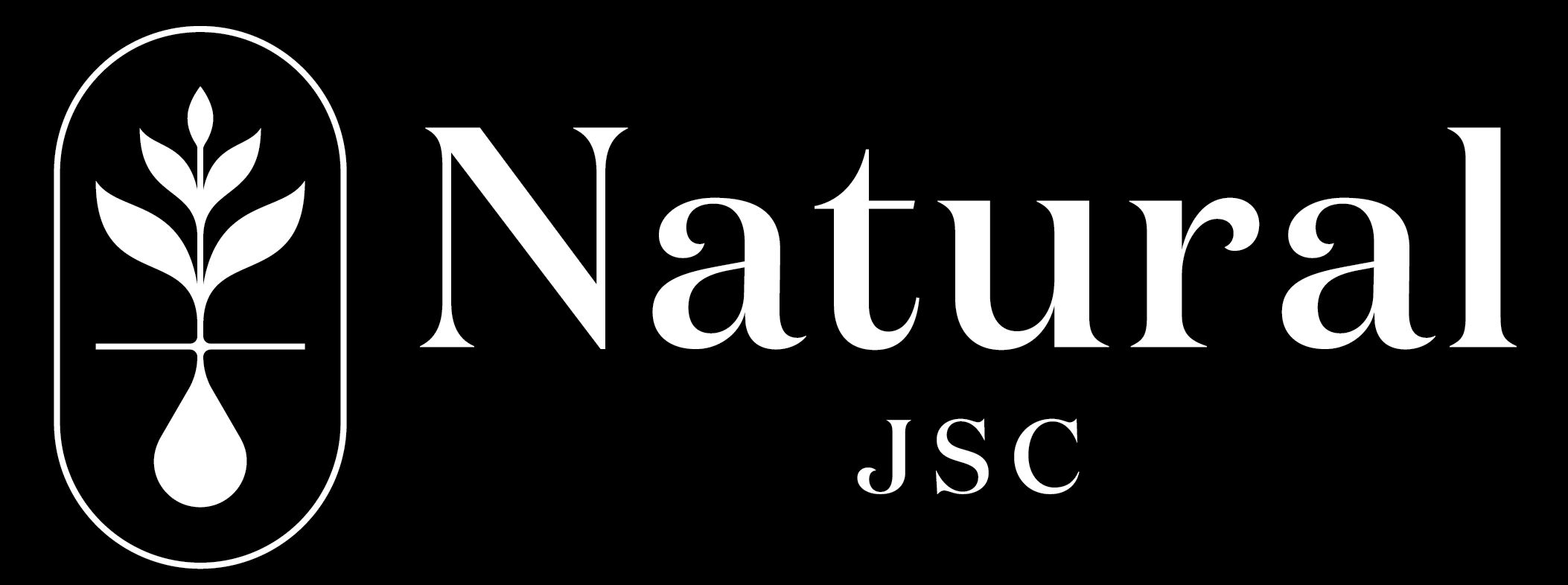Stephen Smith is a businessman from Auckland, New Zealand who first came to Vietnam in October 2012 and settled in Da Nang in February 2013 after widely searching for the best location for his seafood business.
His company, Pelagic Vietnam, is a New Zealand owned and operated investment/start up specialist, which has chosen as its first project, a seafood business focussing on high-end fresh sashimi and hot and cold smoked products, all self-produced. The most popular ones are fresh sashimi fish such as Mahi Mahi, Spanish mackerel, Blue Marlin, swordfish, yellow fin tuna and yellow tail kingfish (Hira Masa). His specialties are cold and hot varieties of these species, plus ethnic specialties such as Maldives fish, (a cooked dried tuna), kippers and smoked fish roe.
“I chose to establish my business here because Da Nang is arguably the best part of Vietnam: nice coast line, access to the Highlands, clean environment, heritage sites, friendly people. It is a big city without the overwhelming excess of Saigon and Hanoi. Much of Da Nang’s development future is still ahead of it, which makes it timely for us to start our investment projects right here and now,” Stephen says.
The rise of both domestic and international tourism in the country has diversified the offer and the demand, also of specialty products; Stephen, who originally set up as an exporter, soon discovered the potential in the hotel, restaurant and resort market in the area. He recently started expanding to Saigon as well:“I can see a future expansion of the Vietnamese middle class, which will create a stronger domestic market, plus Vietnam is strategically positioned at what I feel is the centre of the Asian economic zone,” he shares. “These are all encouraging elements for my new business adventure.”
Seafood products are undeniably very popular in Vietnam. According to a FAO report, higher food safety and widespread controls have made them generally more attractive to consumers. People are more oriented towards a healthy diet and fish represents a valid, nourishing alternative, also in rural areas.
“The industry is looking hard towards sustainability. This comes via more responsible fishing methods, aquiculture and revised regulatory environments,” Stephen says. To support that, his company has outsourced the capture and the processing to local fishermen and to a processing factory. In that way, the local people learn how to create a sustainable fishing business: “What I think is great is that we share our experience in the industry with them, thus transferring our knowledge and assisting with their development. Fish farming is greater than beef production nowadays. Add to this the wild caught seafood and you have a huge ‘engine’ that currently feeds a substantial percentage of the world’s population. Obviously we must at all costs protect this.”
The every day job has its own challenges: “At the core of our customers’ requirements are consistency of quality and supply; however, due to the primitive and small sized vessels of the local fishing fleet, the fishermen are not able to operate in anything other than ‘calm’ conditions. Furthermore the crews lack fish handling experience and they are poorly equipped with plant such as refrigeration, or even adequate ice making facilities resulting in inconsistent supply and daily challenges to maintain our high quality standards,” Stephen shares and continues: “The Government has made some attempts to improve the situation but with limited success. We have a plan to go forward, but it is not easy to gain traction with the stakeholders.”
Not only the logistics are an issue but also the language barrier is a problem in Vietnam, affecting the capacity of the business to expand.“If you want to start your own business in Vietnam, keep these rules in mind,” says Stephen:
1. Research thoroughly, gather as much information as possible.
2. Make a solid business, marketing and HR plan, that has been exposed to significant debate and what ifs.
3. Funding. Twelve months is not enough here. Double the time you think you need to enter trading.
4. Spend time in finding professional support to assist you in dealing with local contracts, Peoples Committees, taxation etc.
5. Geographic location. Evaluate where you are going to establish your business.
6. Think who your customers will be, both foreign and domestic.
7. Language skills. Ultimately, the senior management must have a command of Vietnamese.
8. Transportation is not straightforward.
9. Remember resident and work permit requirements for expats.
10. Have a plan B!
Stephen Smith Managing Director
17 Do Anh Han, Son Tra District, Da Nang
pelagicsteve@gmail.com
Mobile +84915553002
